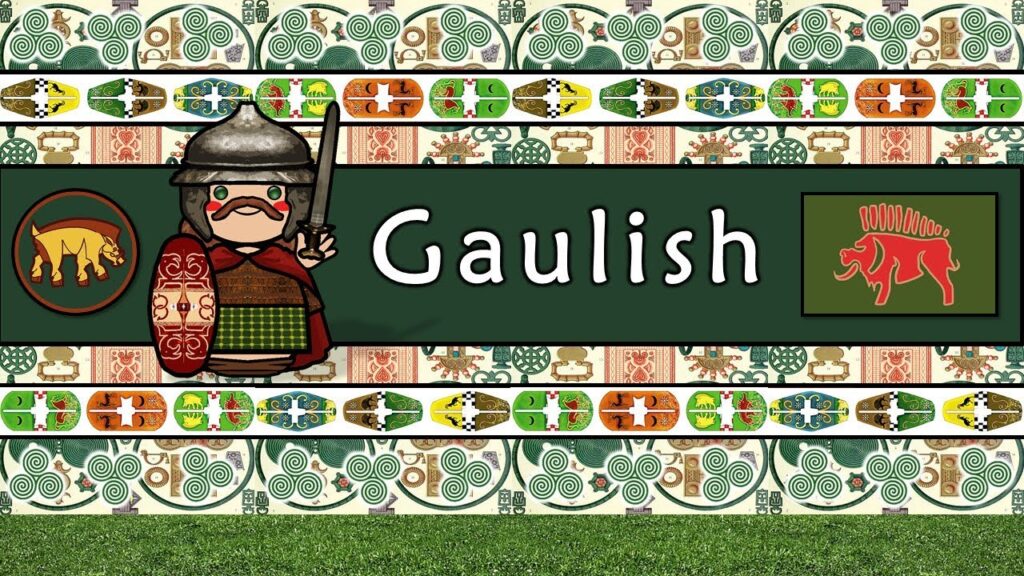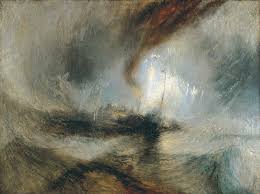The Birth Of French Language : It All Begins In Gaul
Modern-day France and Belgium were once included in an ancient region of Western Europe known as Gaul, and while the Gaulish Language hasn’t left too much of an imprint on the modern French we learn today, it is the perfect place to begin getting to grips with the history of the French language.
When Gaul was conquered by the Romans in the 2nd and 1st centuries BC, the Gaulish language (which was a Celtic language) came under attack-hence the true meaning of a ‘Romance language’ as “to speak in Roman fashion.”

The Germanic Invasions And Impact One Of The Most Popular Romantic Language
The Germanic invasions which followed – known by the Romans as the “barbaric invasions” – had a big impact on the French language. When the Empire’s frontiers collapsed and Gaul fell into the hands of the Franks, Vulgar Latin was further diluted by dialects from the different regions.
As Malcolm Offord notes in the French words including past and future the Franks imposed their own stress patterns and patterns of usage upon Vulgar Latin, and this goes a long way to explaining why French is so different to other languages descended from Latin – Italian and Spanish

Romanticism In Literature And Politics
Paradoxically, given the role of the Revolution in fostering Romanticism, French Romanticism began a few years later than British and German, in part because French writers could be more directly involved in the politics than their European counterparts. Perhaps for this reason too it took a somewhat different course in the first generation; two of its main protagonists, de Staël and Constant, remained liberal, if chastened, revolutionaries. It was de Staël, in her extraordinarily influential Of Germany (1810), who brought German Romanticism to French, and wider European, notice.



